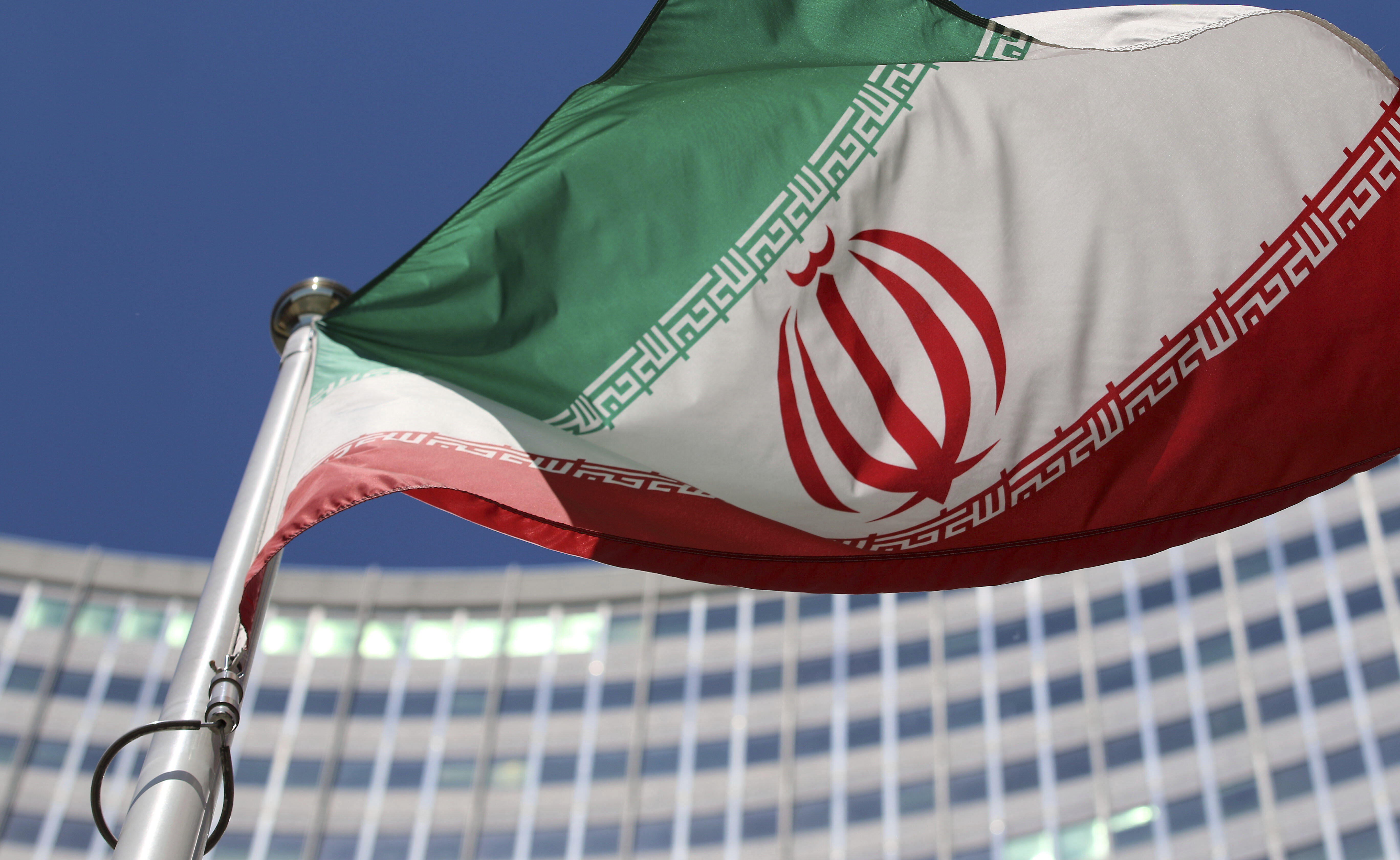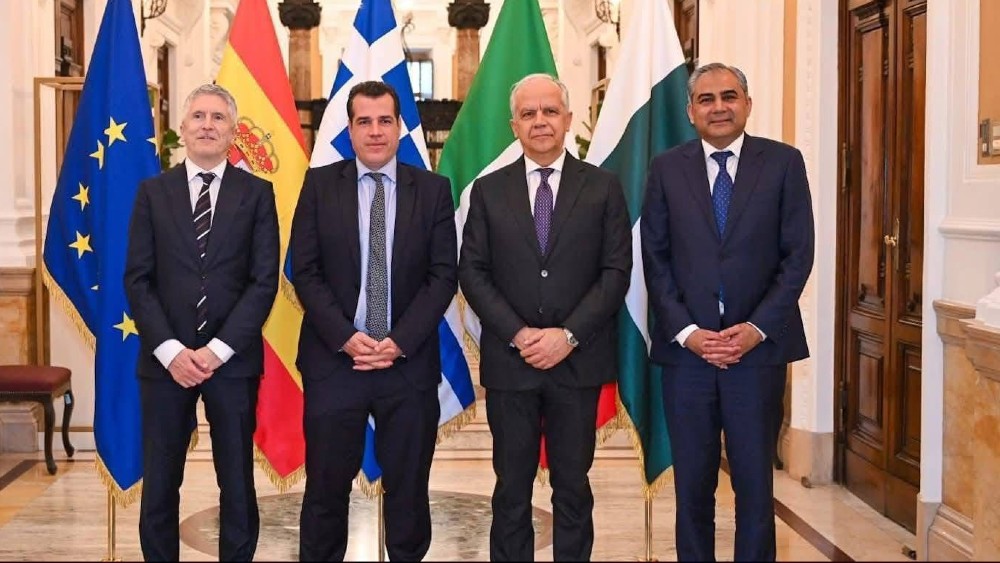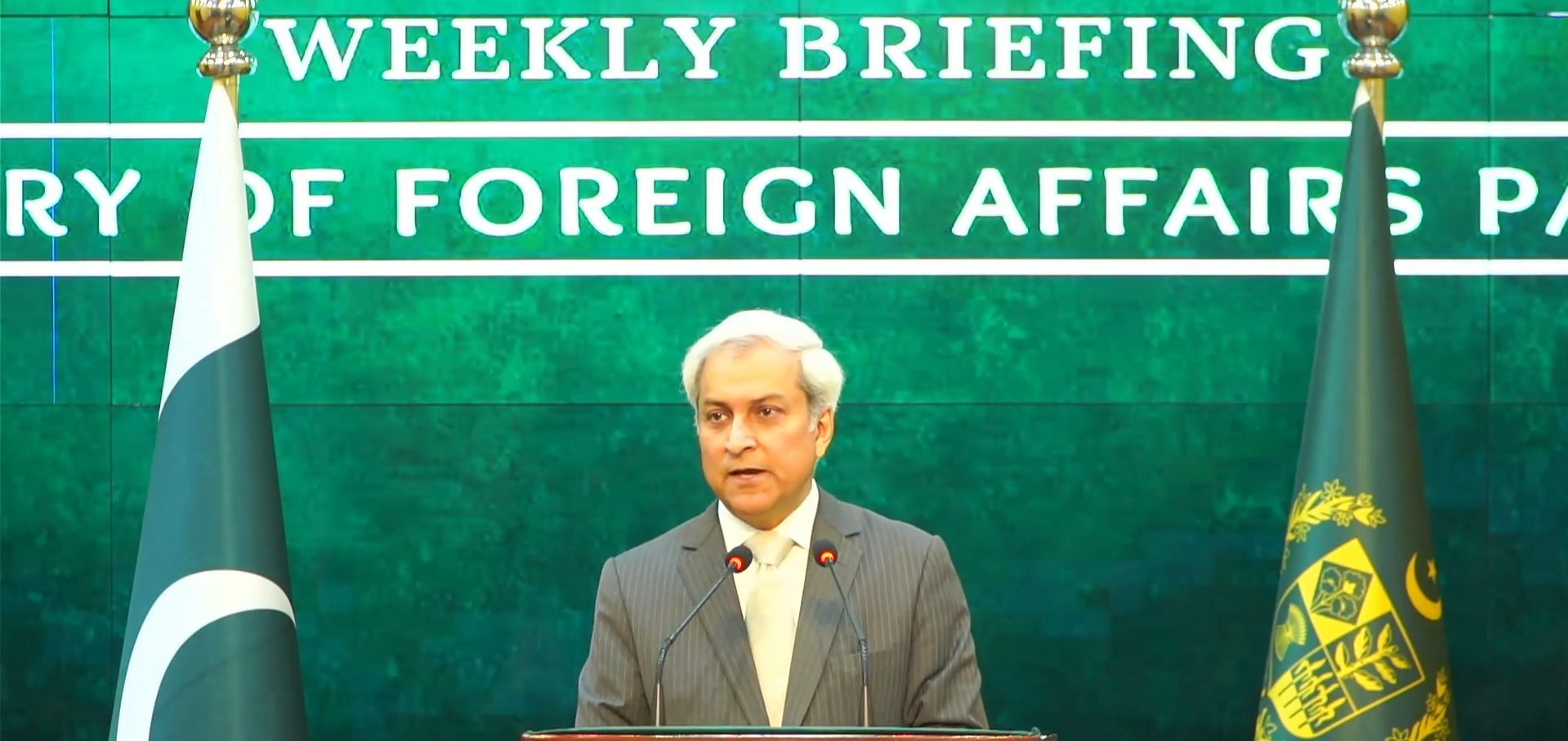TEHRAN: Iran condemned on Sunday the reinstatement of United Nations sanctions on its nuclear program, calling the move “unjustifiable” after the collapse of talks with Western powers and strikes by Israel and the United States on Iranian nuclear sites.
The sanctions, which restrict activities linked to Tehran’s nuclear and ballistic missile programs, were reimposed after Western nations triggered the “snapback” mechanism of the 2015 nuclear accord. The measures took effect at midnight in Geneva, ending months of diplomatic efforts to revive negotiations.
Iran’s Foreign Ministry said in a statement that “the reactivation of annulled resolutions is legally baseless and unjustifiable” and urged countries not to recognize what it described as an “illegal situation.” It vowed to defend Iran’s national rights and respond firmly to any action that undermines its interests.
The return of sanctions followed a series of setbacks in talks earlier this year, including Israeli and US strikes on Iranian nuclear facilities in June. US Secretary of State Marco Rubio said dialogue channels remained open and urged Iran to accept “direct talks held in good faith.” He also called on all UN members to implement sanctions immediately.
Foreign ministers of Britain, France and Germany, which supported the snapback mechanism, said in a joint statement they remained committed to finding “a new diplomatic solution to ensure Iran never gets a nuclear weapon,” while cautioning Tehran against escalation.
Iranian President Masoud Pezeshkian said Washington’s proposal to lift some restrictions in exchange for Iran handing over its entire stockpile of enriched uranium was unacceptable. Russia and China opposed the snapback, but their efforts to delay the measures until April failed in the Security Council.
German Foreign Minister Johann Wadephul told the UN General Assembly his country had “no choice” but to act, citing Iran’s noncompliance with its commitments. He stressed that diplomacy should continue despite the renewed sanctions. Russia, however, declared it would not enforce the measures, with Foreign Minister Sergei Lavrov accusing Western powers of “blackmail and pressure.”
The sanctions, which had been lifted in 2015 under the landmark nuclear agreement, add to US restrictions already in place since former President Donald Trump withdrew from the deal in 2018. Iran recalled its envoys from Britain, France and Germany for consultations on Saturday.
On the streets of Tehran, residents voiced concern about the economic fallout. The Iranian rial hit a record low of 1.12 million to the dollar on the black market, raising fears of further inflation. “The situation was already very difficult, but it’s going to get worse,” said Dariush, a 50-year-old engineer. “Prices are rising and our standard of living is much lower than two or three years ago.”
The European powers and the United States said they remain committed to preventing nuclear proliferation while leaving the door open to renewed negotiations. Iran maintains that its nuclear program is solely for peaceful purposes.





.jpg)
